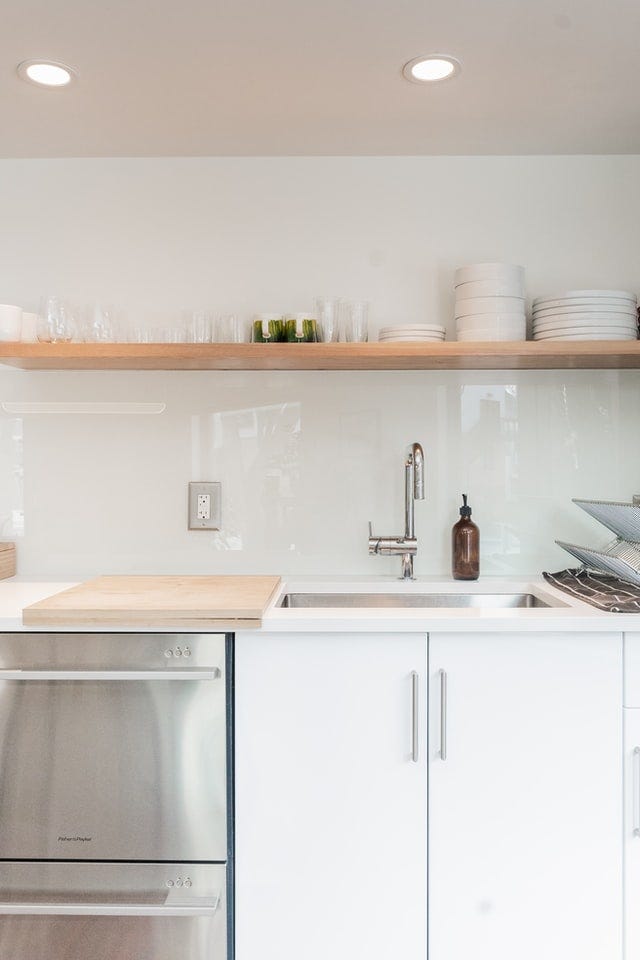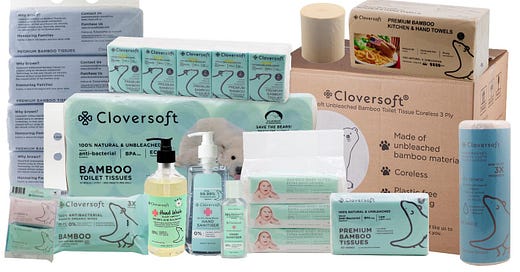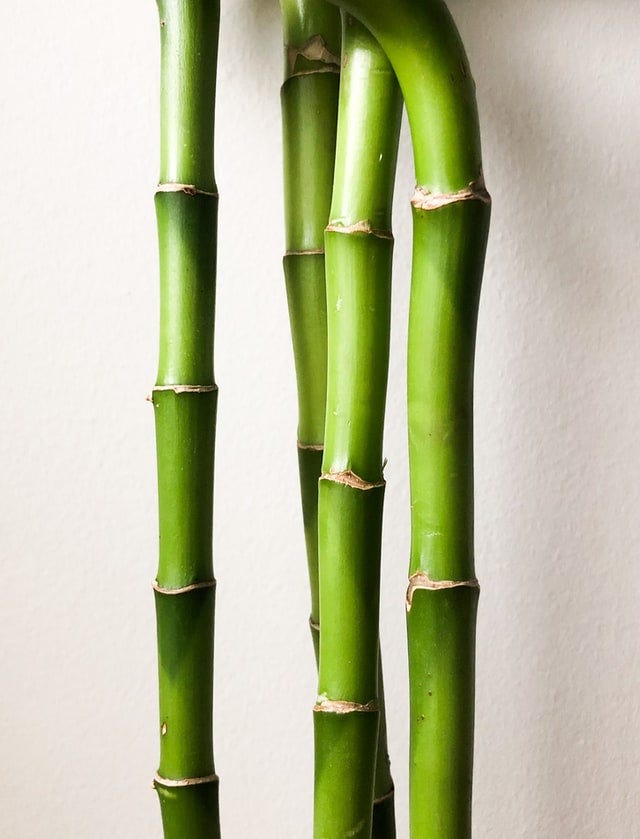Why this might just be the right kind of tissue to use
Because it's made from unbleached bamboo pulp, according to Cloversoft
This post contains affiliate links, and I may earn a commission from them at no additional cost to you. But whether or not you decide to buy, I still hope you enjoy this article and learn a lot from it. (I do think the information is useful and will benefit you.) That’s good enough for me!
Are you guilty of using too much tissue? Oops, I am.
I have to blow my nose a lot so I always reach for tissue. I have a thick pack in my bag… and in my room. I have a steady supply on hand.
Let’s not even forget the bathroom rolls and kitchen towels. Bad, I know.
The objective is to find an alternative – one that’s better and eco-friendly – and to lessen our use of tissue in the first place.
I’ve come across a brand that may point us in the right direction: Cloversoft. Established in 2014, Cloversoft was created by Alps Group in Singapore to provide alternative, eco-friendly solutions for the home.
Their products – which include tissues, wipes, kitchen and hand towels, and cleaning tools, among others – are said to be safe and gentle to use, and made of unbleached bamboo pulp.
Cloversoft is also an official partner of Polar Bears International. They donate to Polar Bears International’s “Save the polar bears” campaign.
Amazing bamboo
What caught my eye is the unbleached bamboo pulp. What is it exactly, and why does it matter?
According to Cloversoft, unbleached bamboo pulp is known to be a better choice to make these products, as trees aren’t cut down; there’s no need for a bleaching process, which emits gases into the atmosphere; and there’s zero use of plastic in the wet wipes.
I reached out to their marketing team to find out why bamboo and unbleached bamboo pulp is the way to go.
In their own words, here are their favourite things about bamboo:
#1 It’s a grass
“And not a tree!”
#2 It’s the fastest-growing plant on the planet
“This ensures that the source is sustainable, and that the usage is supported by the rate of growth.”
#3 The bamboo they use is actually a different species from the ones pandas consume
“So there’s no need to worry about depleting their food stock.”
#4 Bamboo is a renewable source
“Once it’s harvested, there’s no need for additional planting or cultivation.”
#5 Bamboo doesn’t require a lot of things
Like “preservatives, pesticides or fertilisers (in order) to grow”, for starters.
#6 It’s naturally antibacterial
#7 It can release 30% more oxygen into the atmosphere
“… compared to an equivalent mass of trees.”
It all sounds good so far. Here are their favourite things about unbleached bamboo pulp:
#1 There are no added bleaching agents
“Bleaching agents make the tissue products white in colour compared to the natural colour of the tissue, which should be brown.”
#2 Bleaching agents and the by-products released from the bleaching process can be harmful to humans and the environment
“For instance, dioxin, which is a by-product of chlorine bleaching, can cause reproductive and developmental problems. It is also a carcinogen.”
They also tell us that their “tissues and wet wipes are biodegradable, and under natural conditions can biodegrade within 90 to 110 days”.
Plus “tissues made from bamboo pulp are typically more durable and thicker compared to those made from trees. For instance, tissues made from trees tend to tear easily when it comes into contact with water, but for tissues made from bamboo pulp, it will not tear easily.”
The bigger goal
Again, the hope is to use sustainable and eco-friendly home products – but then we can also strive to reduce our actual use of these products too, to further lessen our waste.
How can we be more conscious of our use of tissue, as well as wipes and other home “paper” products?
Cloversoft shares five tips:
#1 Get a “thicker” product
“For instance, you might need three toilet or facial tissues from other brands, but you will only need one from Cloversoft to do the same job. We can use less but do more things, and it does not break the bank. We reduce waste as well.”
#2 Choose reusable
Yes, there is such a thing for wipes. Cloversoft’s Unbleached Bamboo Multi Purpose Cloth Wipes, for one, “is reusable for up to 20 times, and can be used to replace tissues or wet tissues if possible. All you need to do is wash the cloth and reuse it when needed. You can pretty much use it for anything, such as cooking or cleaning.”

#3 Be conscious of the speed at which you are using these products
“Take note of the stock count at your house. Try to cut down if you realise that you are using a particular product too quickly.”
#4 Set a target to reduce the amount of waste that your household generates
“Have a waste bin at home, and set a limit that only allows one waste bin to be filled each day. This can be effective because it allows people to be more conscious not only about tissue waste, but also about other kinds of waste that one can generate daily.”
#5 Involve the entire family
“There is also a need to be more conscious about the family’s usage. For instance, one can perhaps put up a sign in the toilet to remind everyone to use less toilet tissue than needed. Sometimes a visible reminder can help reinforce the message.”
What do you think?
In the meantime, here are some products to consider for your starter kit if you wish to try Cloversoft and unbleached bamboo pulp:
• Unbleached Bamboo Facial Tissues
• Unbleached Bamboo Toilet Tissues
(Cloversoft also has unbleached bamboo toilet tissues without the toilet “core” – click here)
• Unbleached Bamboo Organic Antibacterial Wipes 15s/40s
• 99.99% Antibacterial Hand Wash 500ml
• Unbleached Bamboo Kitchen and Hand Towels 160 Sheets
• For mothers: The baby wipes too
Have you already discovered Cloversoft? If you know other bamboo products and brands, let me know!
For more on Cloversoft, check out their site, Facebook, Twitter and Instagram.
Aside from Singapore, they have outlets in Malaysia, Japan, Taiwan, Brunei and the Maldives. They also provide F&B supplies to restaurants, hotels, and other establishments.





